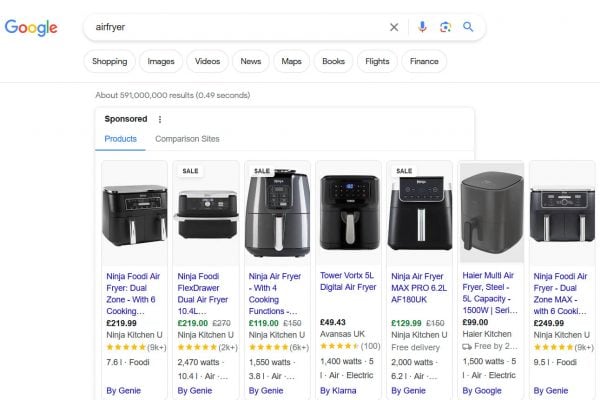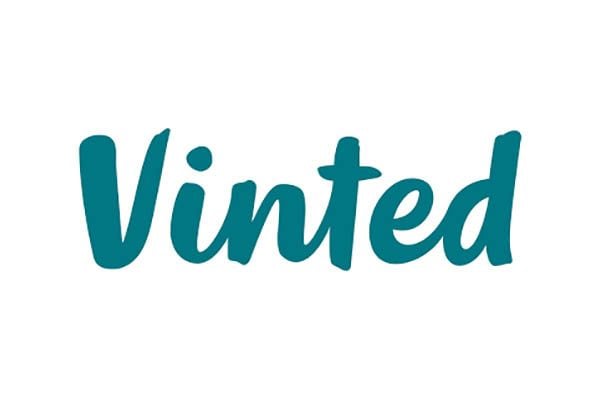Google are facing a €1.5bn (£1.29bn) fine from the European Union (EU) for ‘illegal’ anti-competitive practices towards rival online search advertisers.
This news marks the third time the EU fined Google for search and advertising misconduct.
The EU accused Google’s owner Alphabet of restricting third-party competitors from displaying search ads between 2006 and 2016. During those years, Google had more than 70% of the search market in the EU. They owned 90% of the search market and 75% of the online search advertising market.
The European Commissioner, Margrethe Vestager said that websites often had an embedded Google search function. This means that when a consumer is using a website it delivers search results and search adverts.
Google responded to accusations by changing their AdSense clients with larger third-parties, allowing them to display competitive search ads. In response, the European Commission dubbed Google as “an advertising broker” for double-dealing the system.
This goes back to 2016 when Google started exclusivity clauses in contacts with their clients. It meant that publishers couldn’t place ads from Google rivals including Microsoft and Yahoo on search pages. In 2009, Google replaced the clause with premium placement clauses which meant that publishers had to keep the most profitable space on their search results for Google’s adverts and they had to request a minimum number of Google adverts. This also required publishers to get written permission from Google before changing the placement of the competitive ads as to where Google want to place them in search results.
“Google has cemented its dominance in online search adverts and shielded itself from competitive pressure by imposing anti-competitive contractual restrictions on third-party websites. This is illegal under EU anti-trust rules,” said EC commissioner Margrethe Vestager.”
– Margrethe Vestager, EC commissioner
While Google remains the biggest search engine, the fine emphasises anti-competitive behaviour but from a consumer perspective it’s forcing them to take steps such as browser choice on Android that might not actually bother the average consumer.









